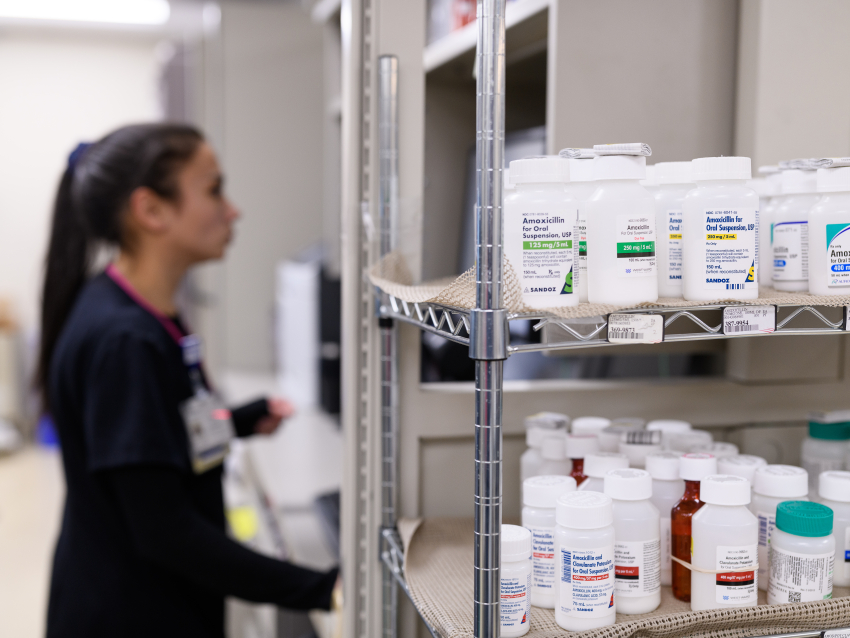
Embracing the Risks to Improve Pharmacy Education
In late 2019 pharmacy education was in the middle of a slow but steady metamorphosis that saw pharmacy schools working to mitigate declining enrollments, a disrupted job market, and a significantly more competitive residency environment. Then, in March 2020, the COVID-19 pandemic forced universities online, leading to a complete transformation of pharmaceutical education. In a recent paper by Drs. Frank Romanelli and Penni Black and other colleagues from the Academy "Pharmacy Education Crosses the Rubicon," they reflect on the University of Kentucky College of Pharmacy (UKCOP) and its changes thus far and look ahead at the future of pharmacy education.
The transition to online learning occurred in a matter of weeks, and UKCOP faculty had little time to make crucial decisions regarding nearly every facet of education. Examinations, courses, and laboratory work were converted to online formats, some for the first time. UKCOP, in particular, faced specific challenges as health practice sites developed policies and procedures to mitigate the presence of student learners in patient-care settings.
"Shutting down could've derailed everything the college had been working so hard to achieve. With our dean's guidance and some creativity, we were able to provide our students with the kind of educational experience UKCOP is known for," said Romanelli.
Rather than simply shutting down and sending students entirely online, UKCOP pivoted and allowed students to combat the virus's effects while also providing various service-learning opportunities. Students were able to get involved through the packaging and distribution of hand sanitizer, working on a COVID-19 hotline to answer patient questions, and conducting COVID-19 testing in Lexington and throughout the state.
"Being able to have our college be at the forefront of the fight against this virus was incredibly important to us. Our students' contributions to testing and the distribution of sanitizer allowed us to give back to the community while also providing students with a chance to garner real experience," said Black.
The move to virtual learning was further facilitated by the college's Office of Teaching Innovation and Scholarship (OTIS). OTIS Director Jeff Cain empowered his team of pedagogical and technological experts to formulate a strategy to assist both faculty and students in the move. Cain is quick to credit his staff and the team in the Office of Academic Programs for their hard work.
"Danielle Wilson, Kendra Harvey, Patrick Smith, and Rene Maldonado really carried the load for the transition. Their behind-the-scenes work is critical and is a major. They're part of the reason we could adapt so quickly," says Cain. He notes their essential work for an almost seamless transition to virtual learning for the college's 541 pharmacy students and 130 faculty members.
COVID-19 has ushered in a new era of pharmaceutical education, one where students are free from the limitations of a physical classroom and can be challenged in new and compelling ways. UKCOP has never been afraid to take risks, and this crisis has pushed the college to take on old problems with fresh ideas. Rather than falling victim to the disruption caused by COVID-19, the college has taken it as an opportunity to improve further and lay the foundation for a new, improved normal.
